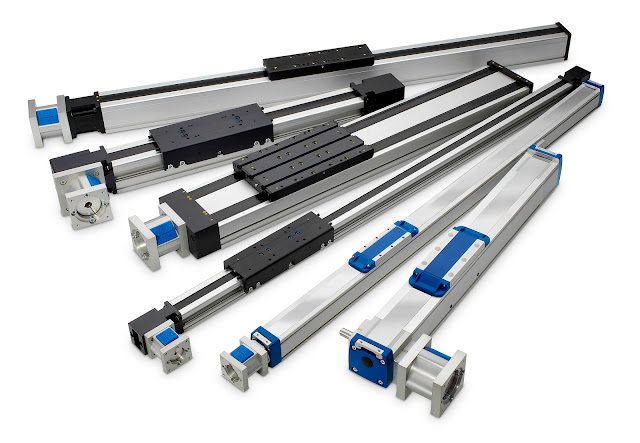Hospital Pharmaceuticals Drugs Purchased By Hospitals and Used for Both Inpatients or Outpatients Treatment
 |
| Hospital Pharmaceuticals |
Hospital pharmaceuticals consist of medications purchased for hospitals, healthcare centers to be administered to patients during hospitalization. Hospital include therapeutic and critical care drugs used in the field of neurology, urology, cardiology, hematology, dermatology, respiratory system, musculoskeletal system, sensory organs, alimentary tract and metabolism, and others. Hospital pharmacy is a healthcare service, which comprises the art, practice, and profession of preparing, compounding, storing, and dispensing drugs and medical devices.
As the name suggests, a hospital pharmacist manages the use of medicines in a medical center or hospital. They are responsible for optimizing patient outcomes by ensuring proper medication use. It is also responsible for storing various types of pharmaceutical drugs and administering them to patients. Moreover, pharmacies are responsible for dispensing of medications, formulating and re-formulating dosage forms, preparing budges for medications, quality testing, and monitoring and reporting drug safety. It is integrated into the care of a medical center.
According to Coherent Market Insights the Hospital Pharmaceuticals Market Size, Share, Outlook, and Opportunity Analysis, 2022-2028.
Hospital pharmaceuticals is a fast growing sector. The need for effective medications that can treat serious, life-threatening diseases and ailments have prompted the huge investments in this sector. These drugs have the ability to treat all the common as well as crucial diseases. As a result, many diseases and related complications have been put under the proper management. There are several reasons owing to which the demand for hospital is increasing. These services are essential in delivering quality healthcare to those who are in need.
Moreover, they help lower the costs of medicines dispensed in hospital settings, which can be vital component of cost-effective healthcare system. Hospital are regulated differently than those sold to consumers. Marketing authorisation is essentially a licence to place a medicinal product on the market to be used by patients. For instance, the U.S. Food and Drug Administration (FDA) approval shows that the American (US) government has declared the API or medicine as safe and it can be sold, imported, or used in the U.S.
The primary mission of hospital pharmacy is to manage the usage of medications in hospitals and other medical centers, worldwide. Goals include the selection, prescription, procuration, delivery, administration, and review of medications to optimize the patient outcomes. Moreover, increasing research in this area has led to a number of studies highlighting the value that hospital pharmacy services can provide, in terms of improving patients' outcomes and lowering the costs of medicine. Thus, there is an increase in demand for hospital pharmaceuticals.



Comments
Post a Comment